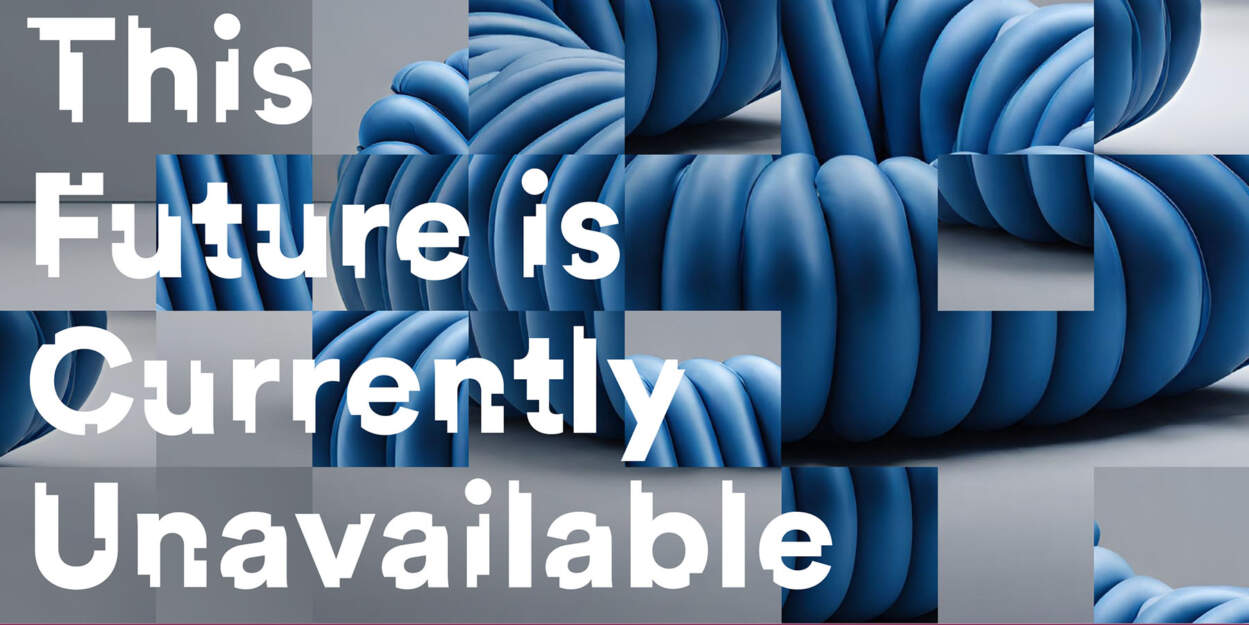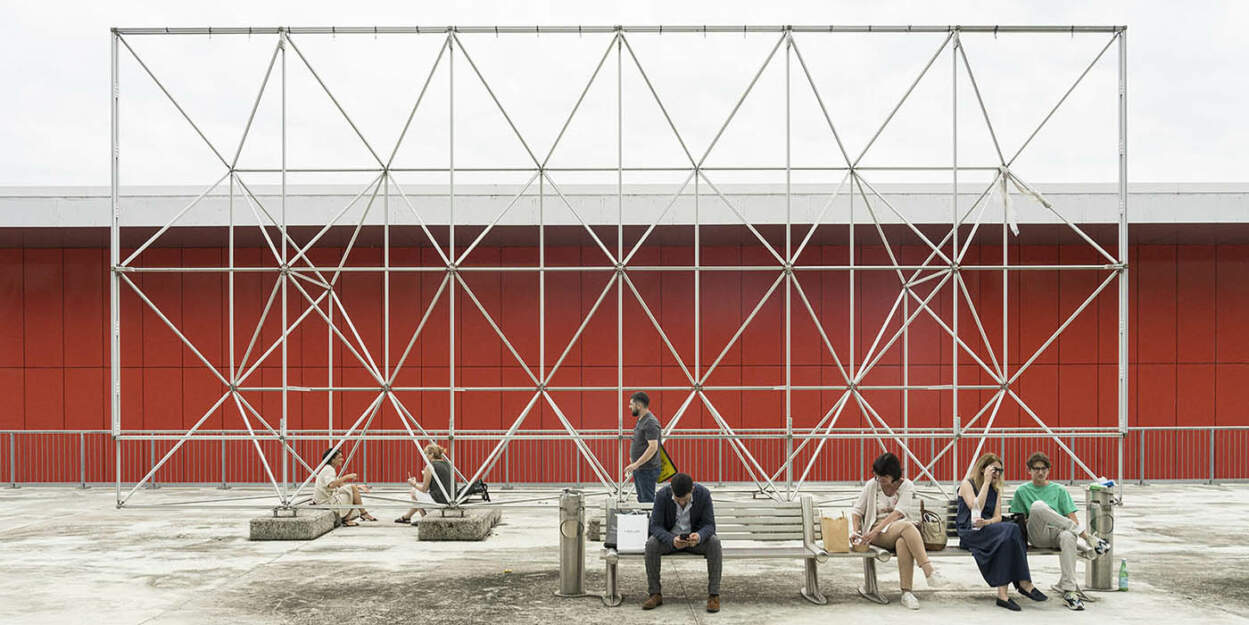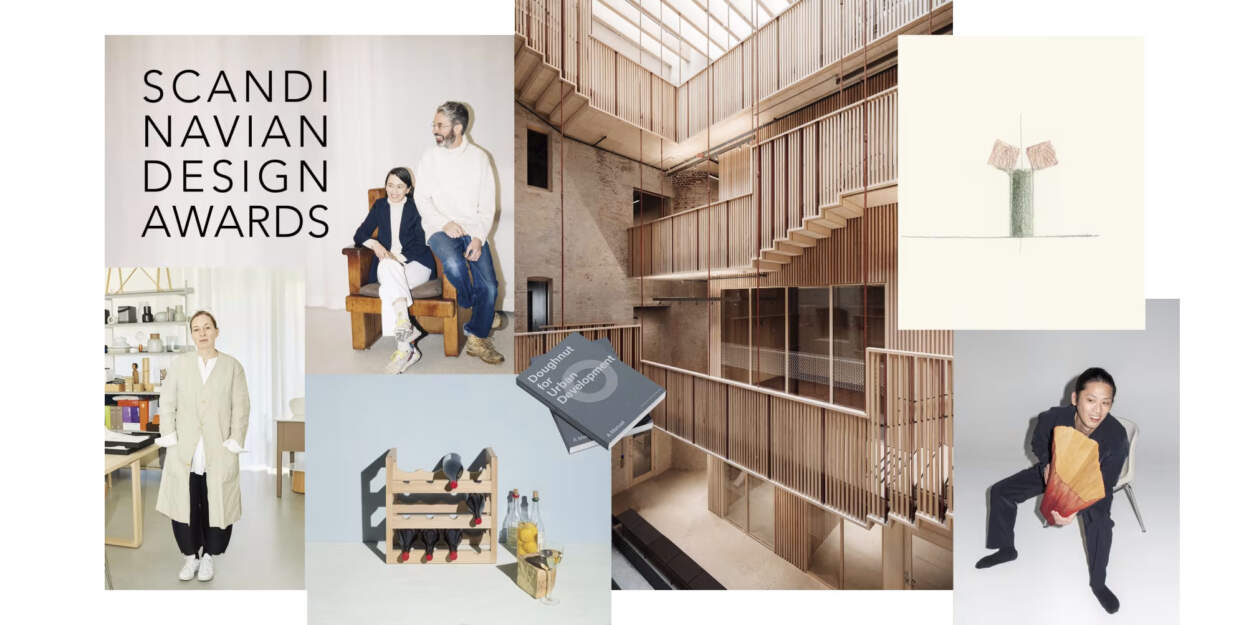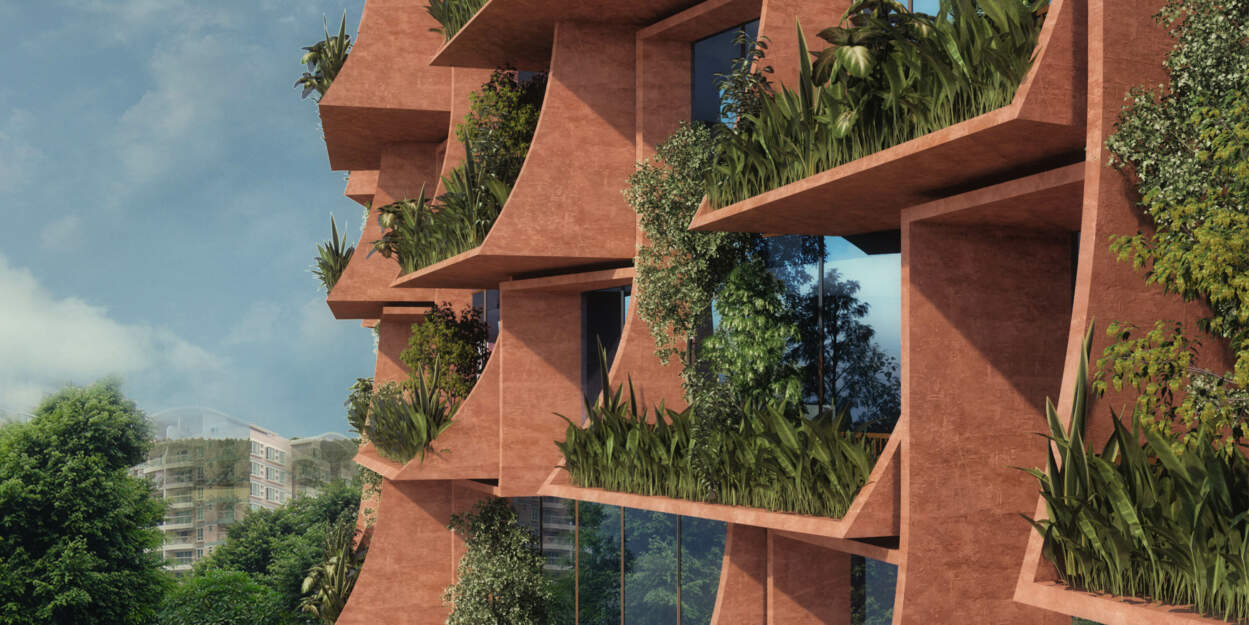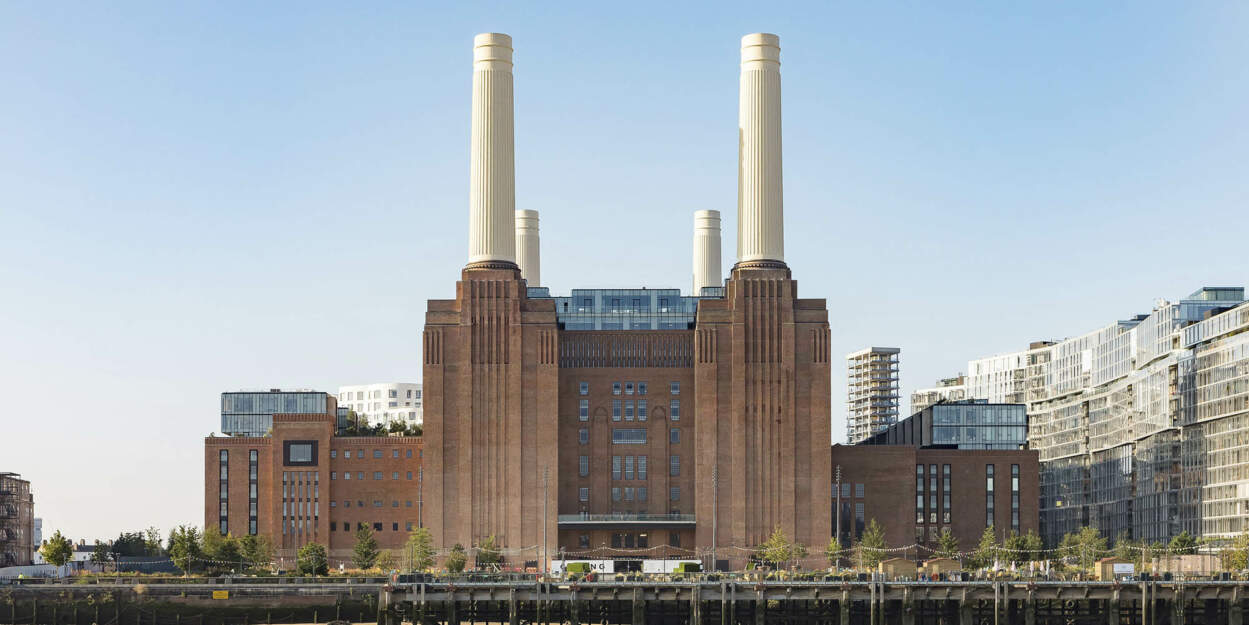On 16th of October 2021, the Kick-Off Meeting of the CONSIDER Project titled “Sustainable Management of Industrial Heritage Sites as a Resource for Urban Development” funded by the EU Horizon 2020 MSCA RISE Programme was hosted by the Zollverein Foundation at the UNESCO World Heritage site Zollverein Coal Mine Industrial Complex, Essen.
Kadir Has University, founded in 1997, in Istanbul, is leading this international project on the preservation of industrial heritage to encourage the exchange of knowledge, experience, and innovation.
CONSIDER stands for “Sustainable Management of Industrial Heritage as a Resource for Urban Development” the project has secured a budget of almost 1.2 million Euros from the European Union Horizon 2020 RISE Program. Universities, municipalities, city councils, conservation trusts, and heritage sites from several European and Middle Eastern countries are project partners.
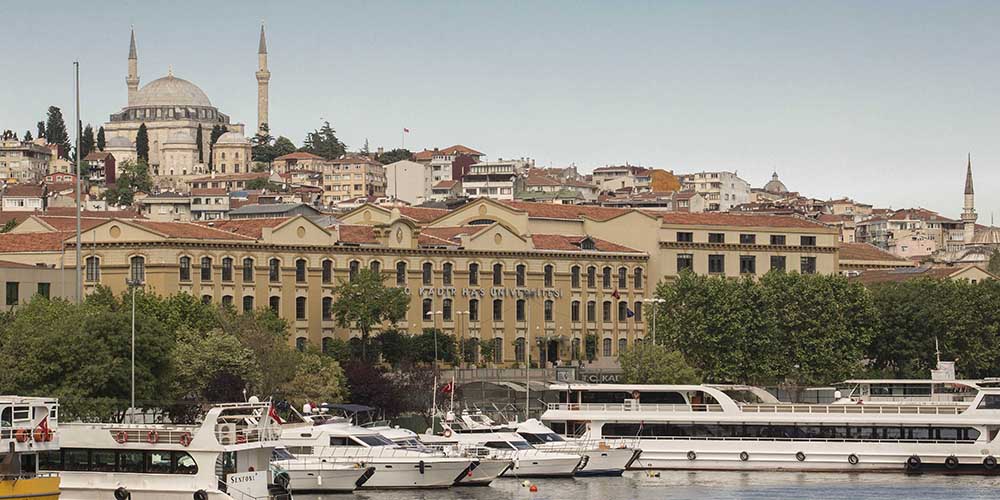
Image courtesy: Kadir Has University (the Coordinator of the CONSIDER Project), which was converted from the Cibali Tobacco Factory founded in 1884 and continued to operate until the founding of the university.
It aims to develop sustainable management model (SMM) for industrial heritage sites (IHS) for the benefits of the local communities as a resource for strengthening collective identities, improving the urban landscape, promoting ecofriendly solutions, and contributing to the urban economy and a sustainable future of the city.
Started in October 2021, the project lasts four years.
CONSIDER aims to research experiences gained both in the EU countries and elsewhere, developing and sharing innovative ideas for the preservation of the industrial heritage, its sustainable integration into modern urban life.
Industrial heritage consists of the remains of industrial culture which are of historical, technological, social, architectural or scientific and economic value.
Abandoned buildings and sites in the long run can mean irreparable loss. Preservation and sustainable integration of the industrial heritage into modern urban life through innovative approaches aims to compensate that loss.
The motives for protecting the industrial heritage are based on the universal value of this evidence, and on the singularity of unique sites.
Adaptive reuse of industrial heritage is a culturally sustainable option in urban transformation and heritage is a potential resource for the regional development. This approach permits conservation through development, utilization and integration of redundant industrial constructs in the contemporary urban landscape.
Experiences and actual examples will be studied in a geography that extends Europe from England, Germany, Austria, Turkey, Israel and to China.
Web site: considerproject.eu
Email: [email protected]



